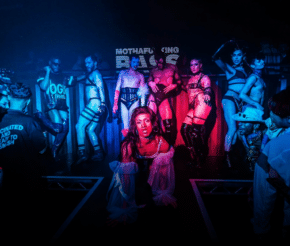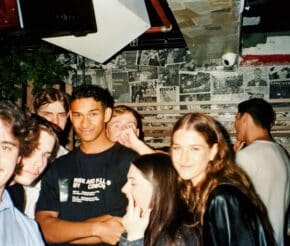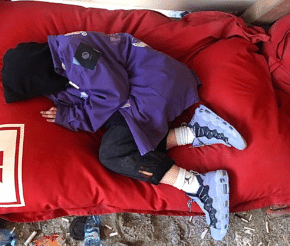- Advertise
-
Subscribe
Sampling Isn’t Just About Clout Chasing
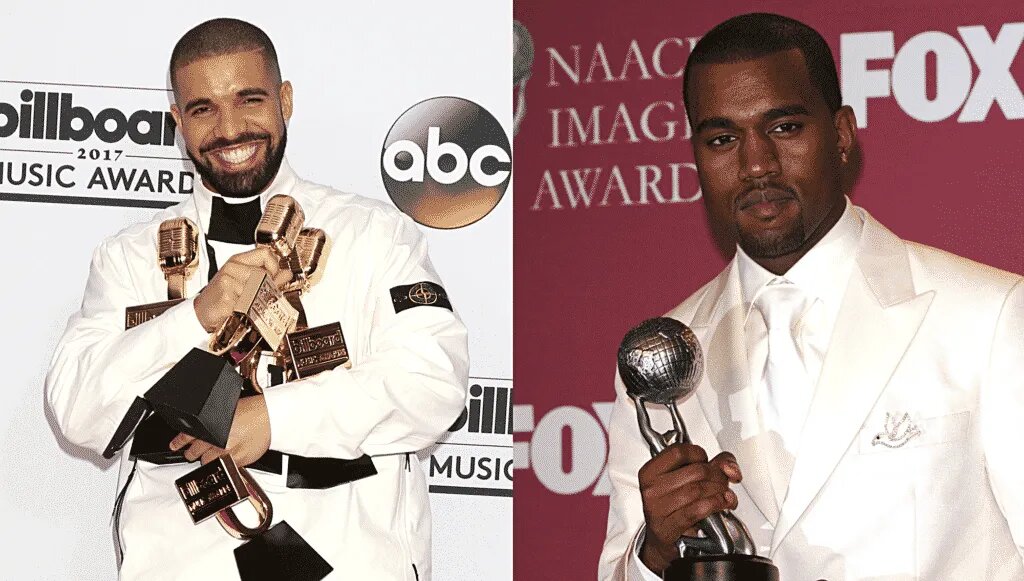
In an overlap that was either bad marketing or a great PR ploy, Kanye West’s ‘Donda’ and Drake’s ‘Certified Lover Boy’ were set to drop on the same day.
In the end, ‘Donda’ got a five-day head-start, which wasn’t enough to stop it from getting annihilated by ‘CLB’ in terms of audio streams. ‘Donda’ hit 423 million in just over eight days. To reach 430 million, it took ‘CLB’ a mere three.
King of A&R though Kanye may well be, his samples – including the likes of Lauryn Hill and his own mother – were no match for Drizzy’s borrowed beats from a whole host of famous faces, spanning The Notorious B.I.G., Nicki Minaj, and even The Beatles, thanks to ‘Champagne Poetry’s snippet of ‘Michelle’.
And so the crown of ‘sampling king’ was planted firmly on the Californian rapper’s head, bringing an end to a battle that had garnered years of media attention, diss tracks, and even a spoof single release along the way.
(If you’re not familiar with Kanye’s 2018 ‘Lift Yourself’, you might want to take a listen to the bizarre two-minute scat track which was supposedly released to stop Drake rapping over Ye’s sought-after sample of Amnesty’s ‘Liberty’ and Dancer’s ‘Boom Boom’. The lyrics, revolving around words ending in ‘oop’ – yes, ‘poop’ does make a few features – were not exactly Yeezy’s finest work.)
Let’s make one thing clear here: sampling is not just about clout chasing
But that was “the old Kanye”. ‘Donda’ was the new, refined version.
Or so Ye led us to believe with his lack of expletives and earnest christian message, which was trailblazing in its own way, but not his usual sampling wizardry.
Not only was Drake’s range of sampled tracks more extensive than Ye’s, it was also more exciting.
The inclusion of Paul Mccartney and John Lennon on the credits of any rap song is guaranteed to spark conversation, at the very least.
But let’s make one thing clear here: sampling is not just about clout chasing.
Sure, in its modern day form, the production practice is used as a way of generating buzz.
Drake’s borrowing of Right Said Fred’s ‘I’m Too Sexy’ is as good a testament as any to that – it wasn’t the musical crossover we needed nor wanted, but dodgy lyrics and mixing aside, it was a fun publicity stunt.
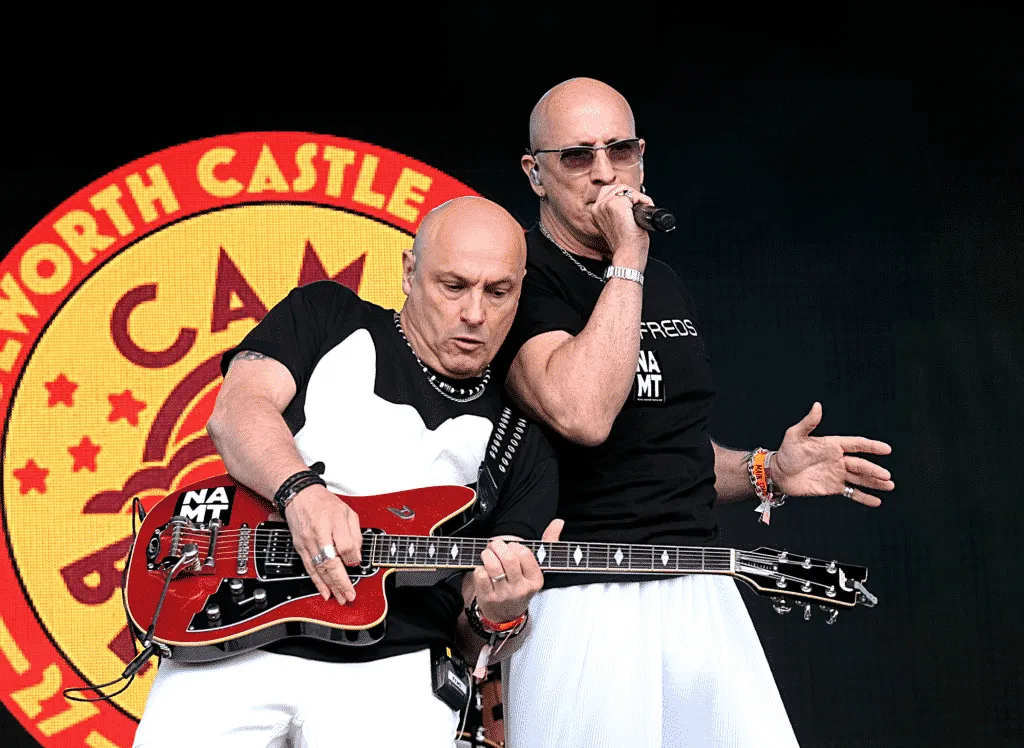
In an age where samples seem limited to the reactions they provoke or the beef they emerge from, it’s important to remember that the part they play in the long history of Hip Hop goes so much deeper than that.
In their most basic sense, samples chart generations of black musical history.
It’s about creating a musical genealogy
At its core, the sampled verse or beat is a means of paying homage to an artist’s musical forerunners – think Nicki Minaj’s ‘Barbie Dreams’, which declares itself an ‘R.I.P. to B.I.G., classic shit’ over Biggie’s sampled bass line.
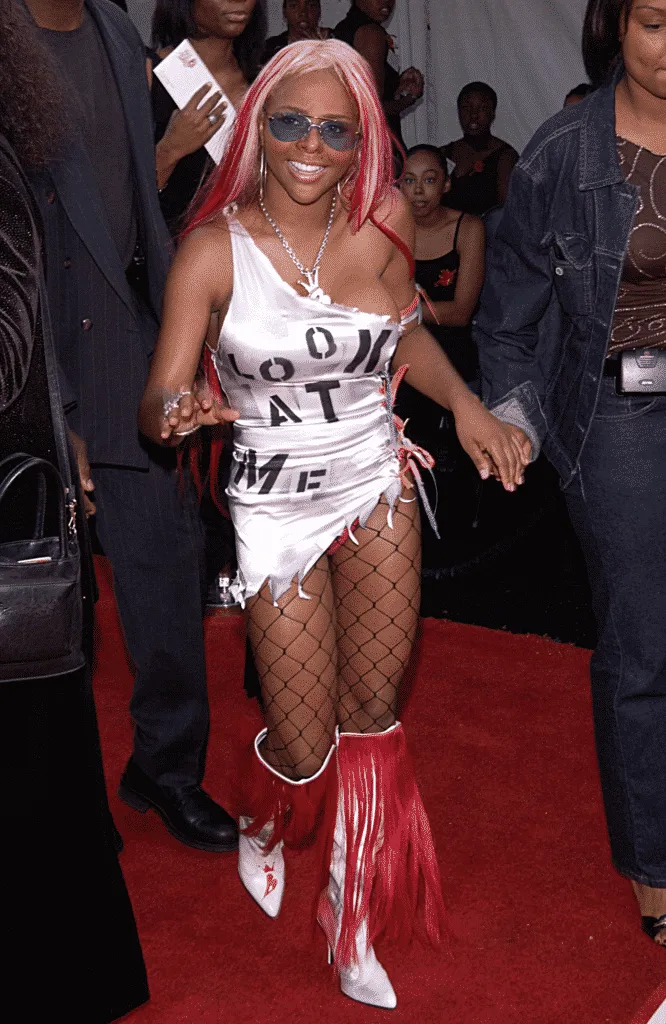
In actual fact, Minaj’s track was ‘an R.I.P.’ that extended far beyond B.I.G., branching out to a whole host of musical forerunners ranging from James Brown (who Biggie sampled to create his track) to Lil’ Kim (who recorded a remix of B.I.G.’s version in 1996 that reversed its misogynist lyrics from the objectification of ‘RnB bitches’ to ‘RnB dicks’).
In the context of rap music, paying homage goes further than shouting out your sources of inspiration, it’s about creating a musical genealogy.
By building sample upon sample, musicians not only memorialise their predecessors, they also translate their messages into new contexts, keeping them alive and relevant to listeners today.
Hip Hop is a musical tradition born of a racial community who have been dislocated and oppressed across the globe. Because of this, finding a way to prevent black musical history being erased was always among its priorities.
Throughout American musical history, white artists have ripped off the songs of their black counterparts.
Sampling was never about stealing, it was all about collaboration
Think about Elvis Presley’s ‘Hound Dog’, a redoing of Big Mama Thornton’s lesser-known original, which reaped all of the rewards but offered her none of the credit.
In the practice of sampling, the artists who are revisited get paid their dues.
Even when copyright laws weren’t a thing (especially for black artists), sampled musicians got a mark of respect when an emerging artist used their work anew, often receiving a lyrical shoutout praising them for their influence.
At its core, sampling was never about stealing, it was all about collaboration.
Often, this was a creative endeavour. Sometimes, it was a political one
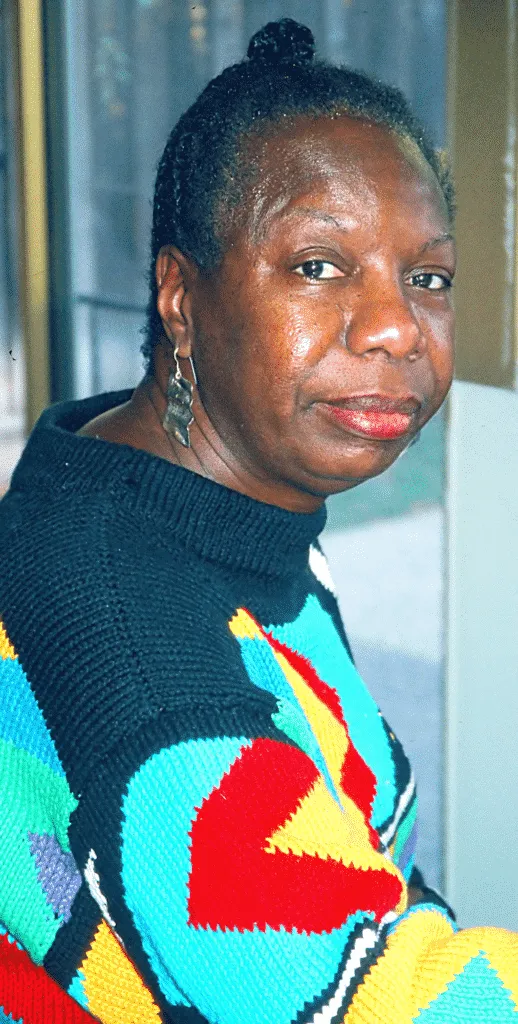
The production practice was about ‘shouting out’ the work of former generations to give credit to the way they have shaped current musical trends, keeping their message and sound alive for the next generation.
Often, this was a creative endeavour. Sometimes, it was a political one – as Kanye himself certainly understands.
On his album, ‘Yeezus’, the rapper’s decision to sample Nina Simone’s recording of the lynching poem, ‘Strange Fruit’, in ‘Blood on the Leaves’, gave a haunting reflection on the era of ‘new slavery’ West percieved in the US – where violent drug culture motivated by cycles of poverty had become the spiller of black American blood in the modern day.
Though ‘Donda’ emerged in West’s less socially-conscious era, its echoes of his late mother (who the album was named after) are evidence of the rapper’s vision of sampling as a creative process of cross-generational collaboration.
It’s not just a form of music production, it’s a form of musical history
Drake has never been one to wade deep in political waters, and Kanye seems to have grown tired of dipping his toe into the waters of social justice, too.
Which is not to say we shouldn’t get excited about the weird and wonderful sample choices these titans of the rap game present us with. Hip Hop, like any genre, doesn’t have a duty to get political to be considered of value.
Still, when we’re caught up in the dizzying hype surrounding samples and features, it’s easy to reduce them down to industry beef and name dropping.
But sampling is and always has been about so much more than that.
It’s not just a form of music production, it’s a form of musical history.
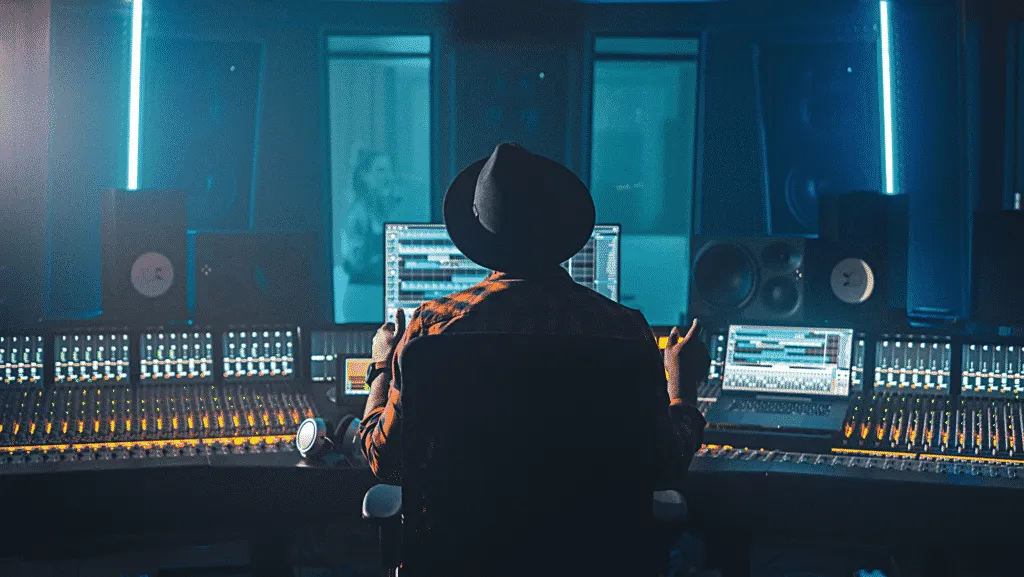
If you’re looking to learn more about sampling practices or Hip Hop culture in general, Tricia Rose’s ‘Black Noise’ is a great place to start. This article is indebted to her work.

